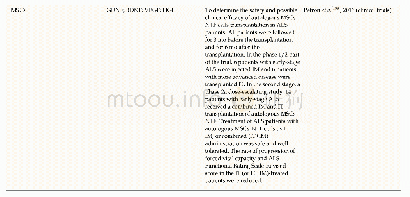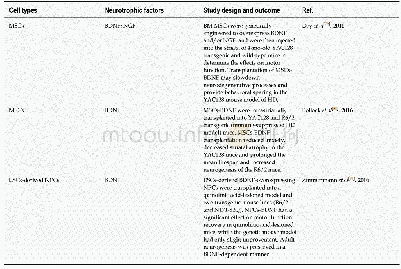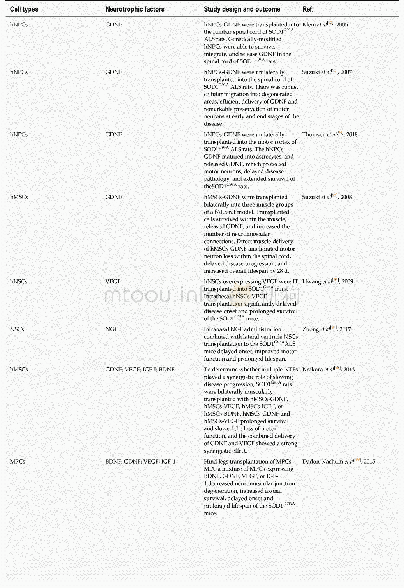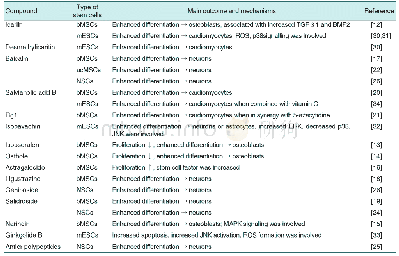《Table 1 Indication of autologous hematopoietic stem cell transplantation in autoimmune diseases》
 提示:宽带有限、当前游客访问压缩模式
提示:宽带有限、当前游客访问压缩模式
本系列图表出处文件名:随高清版一同展现
《Issues and opportunities of stem cell therapy in autoimmune diseases》
Between 1996 and 2017,around 4500 bone marrow transplantations were performed in autoimmune and autoinflammatory diseases worldwide.Preclinical studies in animal models of genetically determined(e.g.,diabetes,lupus)and induced immunological disorders(e.g.,acute arthritis)have been suggested for the possible use of hematopoietic stem cell therapy(HSCT)in autoimmune disorders.In autoimmune diseases in the introductory phase of HSCT,intensive immunosuppression for the elimination of autoreactive lymphocytes is clinically useful.In the second phase of treatment,autologous or allogeneic hematopoietic CD34+progenitor cells recolonize the bone marrow and immune system,and in addition to preventing severe cytopenias and/or hematopoietic disorders,also develop a new immune system.HSCT is believed to permanently alter the immune system by losing T-cell mediated immunological memory[30,31](Figure 1).Table 1 summarizes the indication of stem cell transplantation in autoimmune and autoinflammatory diseases(European Bone Marrow Transplantation Recom-mendation 2017).
| 图表编号 | XD0058799300 严禁用于非法目的 |
|---|---|
| 绘制时间 | 2019.04.26 |
| 作者 | Gyrgyi Mzes、Ferenc Sipos |
| 绘制单位 | Immunology Team, 2nd Department of Internal Medicine,Semmelweis University、Immunology Team, 2nd Department of Internal Medicine,Semmelweis University |
| 更多格式 | 高清、无水印(增值服务) |
查看“Table 1 Indication of autologous hematopoietic stem cell transplantation in autoimmune diseases”的人还看了
-

- Table 4 Combination therapy of stem cells with neurotrophic factors in amyotrophic lateral sclerosis





